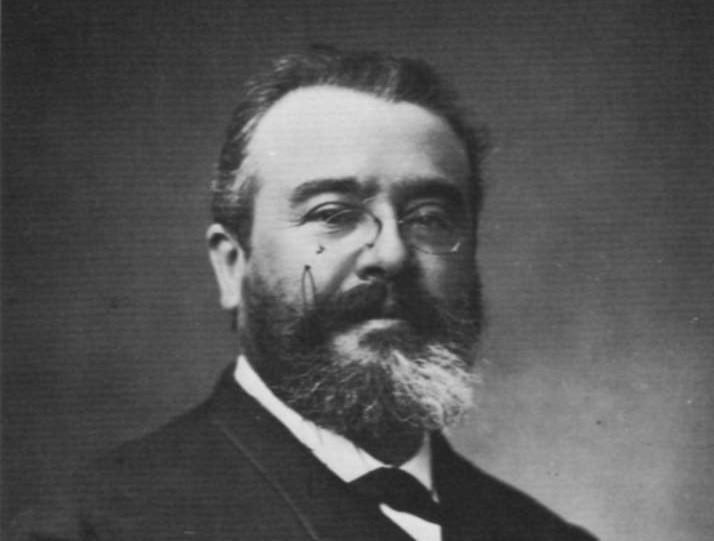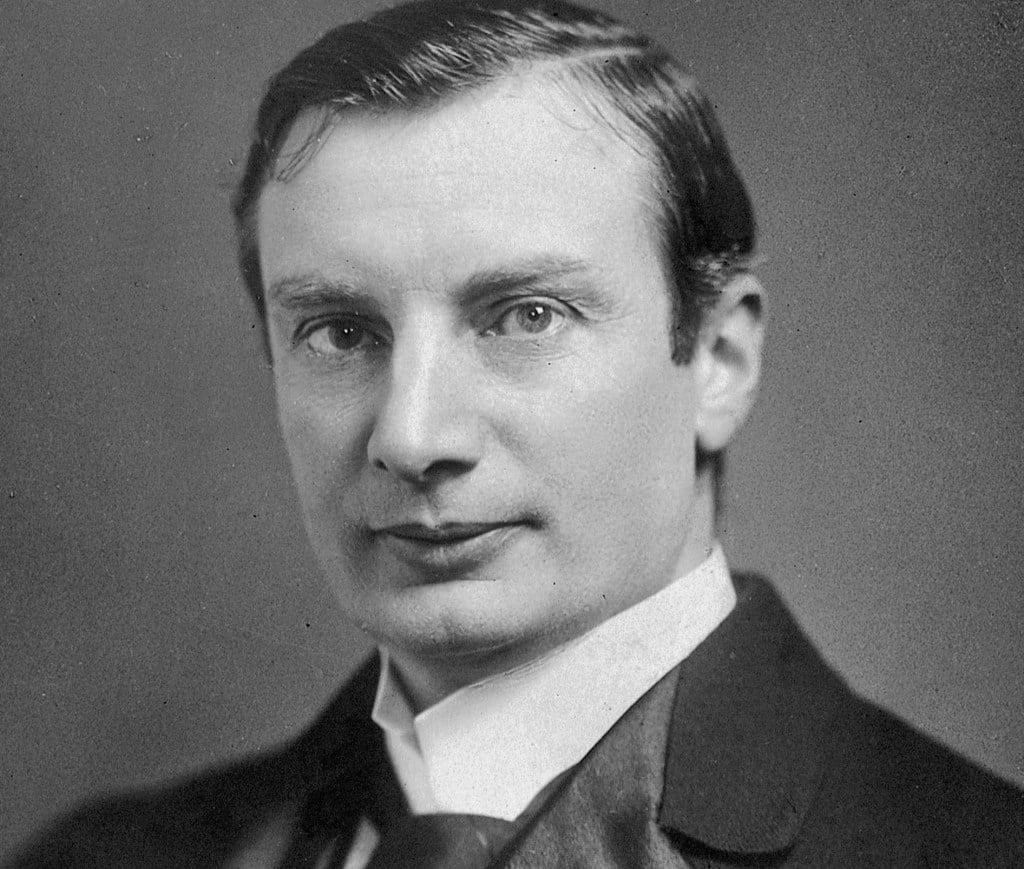“History might have something to say about earlier pandemics and epidemics”, says Foreign Bodies author Simon Schama. Of course, the COVID-19 pandemic of the early 2020s thrust the world into an unprecedented crisis. As nations grappled with the challenges posed by a novel virus, some looked to history for insights into handling pandemics. Consequently, prominent historian Schama brought his expertise to bear on the matter during a talk at the British Library with broadcaster Kavita Puri.
Read more: HistFest 2023: historians remind us that our past is more important than ever
An acclaimed academic and cultural critic, his insights into the present pandemic, the role of global health organisations, and the paradox of human behaviour offer a unique perspective.
“Indeed the pandemic hit and I thought, well, the founding of the World Health Organization and indeed the way societies and nations ought to be behaving now even in their own self-interest because viruses and bacteria are no respecters of frontiers in a world connected by transport, by airlines and everything else.”
Simon Schama
Who is Simon Schama?
Simon Schama is a British historian specialising in art history, Dutch history, Jewish history, and French history. He is a University Professor of History and Art History at Columbia University. Schama was born in London in 1945. He studied history at Cambridge University, where he was a fellow and director of studies in history at Christ's College. He then taught for some time at Oxford, where he was made a fellow of Brasenose College in 1976, specialising in the French Revolution. Schama's first book, The Embarrassment of Riches: An Interpretation of Dutch Culture in the Golden Age, was published in 1987. It won the Wolfson History Prize and the Lionel Trilling Book Award. His next book, Citizens: A Chronicle of the French Revolution, was published in 1989. It won the NCR non-fiction prize and the National Book Critics Circle award. Schama is also the author of Landscape and Memory (1995), Rough Crossings (2000), The Power of Art (2006), The Story of the Jews (2013), and Strangers in Their Own Land (2017). He has written and presented over 50 documentaries on art, literature, and history, including The Power of Art, Rough Crossings, The American Future: A History, Obama's America, John Donne, and Simon Schama's Shakespeare. Schama is a Fellow of the British Academy, the Royal Historical Society, and the American Academy of Arts and Sciences. He has been awarded honorary degrees from universities around the world. In 2018, he was knighted for services to history.
What is Foreign Bodies by Simon Schama about?
Foreign Bodies: Pandemics, Vaccines and the Health of Nations (2023) tells the story of vaccination from its origins in the 18th century to the present day. The book explores the history of vaccination, the science behind it, and the social and political implications of its use.
The author traces the history of vaccination back to the 1720s, when Lady Mary Wortley Montagu, who introduced the practice of inoculation to England after witnessing its use in the Ottoman Empire. He then goes on to discuss the development of vaccination in the 19th century, when it was used to combat smallpox, cholera, and other deadly diseases. In the 20th century, vaccination became increasingly widespread, and it played a major role in the eradication of smallpox. However, the book also explores the controversy surrounding vaccination, and the way in which it has been used to fuel fear and prejudice.
The pandemic’s impact
As the COVID-19 pandemic swept across the globe, Schama recognised the profound implications it held for societies and nations. He pointed out that viruses and bacteria do not respect borders, making global cooperation essential in tackling health crises. Schama noted that the founding of the World Health Organization (WHO) in 1948 during the formation of the United Nations was a pivotal step toward prioritising global health concerns over national interests.
Historical reflections on pandemics and global self-interest
Schama highlighted the COVAX scheme’s motto, “No one is safe until everyone is safe,” emphasising the importance of equitable vaccine distribution to combat the pandemic effectively. He expressed hope that nations would prioritise global self-interest over their individual needs. However, he observed that some wealthier countries, including the UK, focused on acquiring advanced vaccine stocks rather than supporting vaccine distribution to poorer regions. However, historically there had been a few occasions where paths have crossed.
“In 1851, this organisation, it’s the first organiser and international organisation, which was not a military alliance and not a peace conference, and it was for global public health.”
Simon Schama
Motivated by his biologist wife’s work and ongoing conversations about science in their household, Schama delved into earlier pandemics and epidemics. He uncovered a significant historical event – the International Sanitary Conferences founded in 1851 to address cholera outbreaks. This early attempt at international cooperation for global public health demonstrated the need to overcome national and imperial barriers.
Throughout his research, Schama encountered a recurring theme – the paradox of human behaviour. He observed that humans could display incredible ingenuity while simultaneously demonstrating primitive and irrational tendencies. He traced this contradiction through historical events, such as the French Revolution and the emergence of romantic nationalism, revealing the enduring dualism within human society.
The search for vaccination solutions

“He became a great mover and shaker”
Schama explored the early days of vaccination research, highlighting the pioneering work of Adrian Proust (father of Marcel Proust), an epidemiologist who recognised the need for an international public health agency as early as 1903. The historical data-gathering efforts of the Royal Society also played a crucial role in advancing vaccine research.
The enigmatic Waldemar Haffkine

Within the tapestry of historical figures, Schama brought attention to the fascinating character of Waldemar Haffkine. Born in Odessa to a family of secular Jews, Haffkine’s early life was marked by passionate activism and involvement in the defence of the Jewish community against pogroms. The historian emphasised the seriousness of his actions, saying that “Haffkine was in trouble constantly. And the Tsarist police open a huge dossier on his terrorist activities.” His journey eventually led him to the Pasteur Institute in Paris, where he made ground-breaking discoveries in cholera vaccination.
“A complicated and extraordinary person. And he does, after many, many lengthy processes he manages to produce a viable vaccine against cholera which he tests always, as he does on himself.”
Simon Schama
Haffkine’s work on a viable vaccine against cholera brought him to India, a region where the disease was endemic and epidemic. His collaboration with the British ambassador, Lord Dufferin, and his wife, Lady Dufferin, facilitated the testing of the cholera vaccine with randomised comparative trials. Haffkine’s work in India marked a turning point in microbiology and global public health efforts.
Broadcaster Puri said Haffkine managed a remarkable feat by vaccinating 22,000 people in the first year. She adds: “And it’s worth saying, you say they’re volunteers, they were Indian troops, but they were people who were often disregarded by the authorities.” What this shows is the importance of sharing and working together during a crisis, highlighted by the high risk Haffkine took to protect people from different communities. As a result, the Haffkine Institute For Training, Research & Testing still continues to stand in Mumbai, India.
Hence Schama’s exploration of historical pandemics and vaccination efforts provides valuable context for understanding the current global health crisis. His expertise as a historian and cultural critic has shed light on the paradoxical nature of human behaviour and the importance of international cooperation in tackling health challenges. As the world grappled with the COVID-19 pandemic and prepares for potential future health crises, Schama’s insights serve as a reminder of the lessons history can offer to navigate these turbulent times.
[…] Read: Simon Schama on Foreign Bodies: unveiling the history of pandemics […]